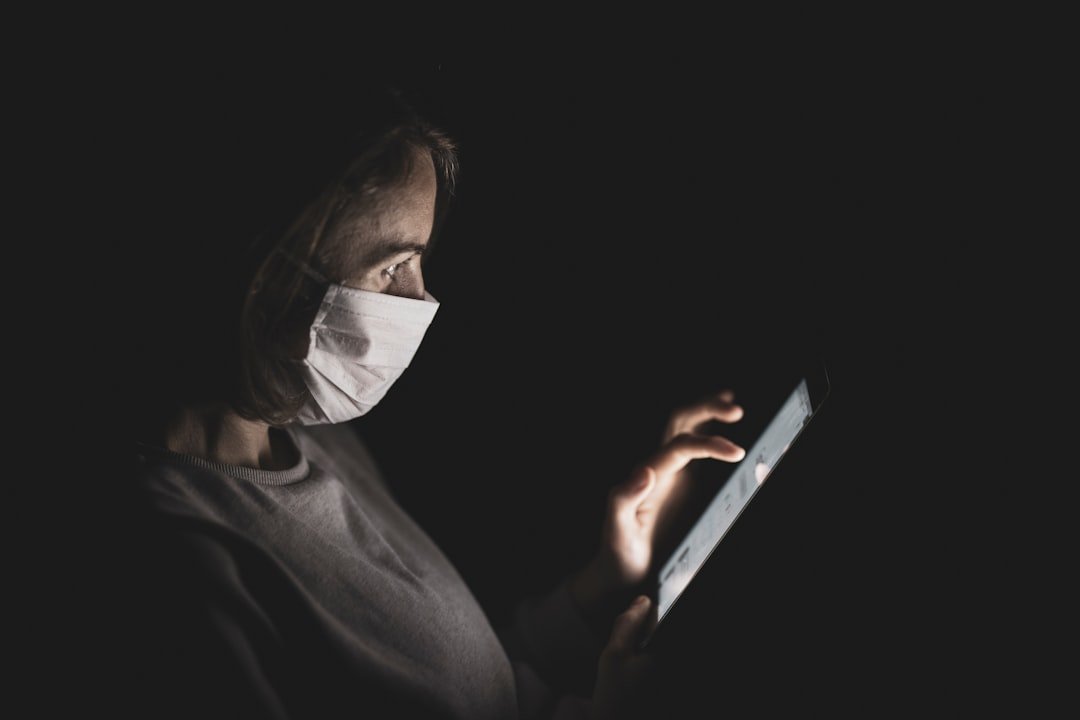
From the beginning, widespread unease gripped society as the Covid crisis unfolded. Swift and profound shifts in daily routines were imposed almost instantly. Over time, individuals adapted to an altered reality, bracing for an extended period of uncertainty. Now, it has become increasingly challenging for many to pinpoint the reasons behind their ongoing difficulties in managing everyday life. This piece explores several valid explanations for these common struggles.
Interpersonal Dynamics May Suffer Under Pressure
Experts have offered extensive insights during this era. By exploring additional resources, one can discover that authorities in the field note a rise in stress, anxiety, and depression among the population. Such emotional strains often spill over into interactions with loved ones. Professionals advocate for developing personalized strategies to navigate these challenges effectively.
With families confined together around the clock, tensions can escalate rapidly. Parents have juggled remote learning for children alongside their own professional duties and household responsibilities, creating a high-stress environment. Energetic or restless kids might act out, while adults find their patience wearing thin with each other. According to reports, household conflicts surged during lockdowns, highlighting how close quarters amplify frustrations.
In such confined settings, finding personal space becomes a luxury, and opportunities for evening outings to unwind are severely limited, exacerbating the sense of being trapped.
Remote Work Presents Its Own Set of Challenges
While some introverted individuals living solo might thrive in a remote setup, others miss the daily camaraderie of office interactions, which provided a sense of community and support.
Not all roles lend themselves to home-based arrangements, and even when they do, suitable workspaces may be lacking. For instance, those operating from bedrooms often struggle with work-life boundaries, leading to difficulties in winding down and achieving restful sleep at night. Data from workplace surveys indicate that blurred lines between professional and personal spaces contributed to burnout for millions during the pandemic.
Without clear guidelines, household interruptions can disrupt focus, as anyone attempting to work amid family demands can attest, fostering resentment and additional stress.
Disrupted Sleep Patterns Are Common in Uncertain Times
Pre-pandemic life typically included commuting to work or school, along with social activities like meeting for coffee, dining out, or visiting gyms and clubs, which helped structure the day and promote physical exhaustion.
With guidelines emphasizing staying indoors, daily physical activity has declined for many, leaving people less fatigued by evening. Teenagers, free from school schedules, might extend their screen time late into the night, throwing off natural rhythms. Research shows that altered routines during events like pandemics can lead to a 20-30% increase in insomnia reports.
During sleep, unresolved concerns from the day tend to resurface, turning the night into a battleground for intrusive thoughts that prevent rest.
Physical Well-Being Can Emerge as a Major Concern
It’s prudent for individuals to remain vigilant about Covid risks and adopt preventive measures. Yet, this vigilance often brings persistent worry for one’s own health, as well as that of family and friends, particularly for those with pre-existing conditions. Caregivers of elderly relatives face compounded anxiety, balancing health concerns with restricted visitation options.
Reduced opportunities for exercise have led to declines in fitness and weight gain for some. The monotony of repetitive days prompts emotional eating or using food as a coping mechanism, while others turn to increased alcohol consumption to ease stress and emotional distress. Health organizations report that global alcohol sales rose by up to 15% in some regions during lockdowns, underscoring the broader impact on well-being.
Economic Instability Adds to the Burden
Some have maintained their employment without interruption, minimizing financial stress, while others pivoted to remote roles as a lifeline for income stability. In-demand remote positions became highly coveted for those seeking alternative revenue streams amid job losses.
Travel limitations and budget constraints have prevented many from taking breaks or vacations, forcing reliance on savings as a safety net. Even financially secure individuals feel the ripple effects of economic downturns, with global markets experiencing volatility that affects everyone indirectly.
Social Isolation Takes a Toll on Mental Health
Diminished face-to-face interactions can erode psychological well-being, not just from fewer outings but also from the constant need to maintain physical distance. Those already dealing with mental health challenges often find that pandemic conditions intensify their symptoms, leading to heightened anxiety levels. Statistics from mental health surveys reveal that isolation contributed to a 25% increase in reported cases of depression worldwide during this period.
Fortunately, digital tools like Facetime and Zoom offer ways to connect virtually, though they fall short of the emotional depth provided by in-person encounters.
It’s important to recognize that acknowledging these struggles doesn’t indicate weakness; rather, it’s a normal response. Moving forward involves seeking professional support when necessary and prioritizing connections with others. Establishing firm boundaries for home life, including work routines, and maintaining disciplined habits around nutrition, hydration, and rest can help foster resilience and recovery.




